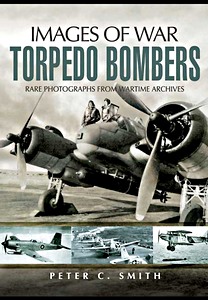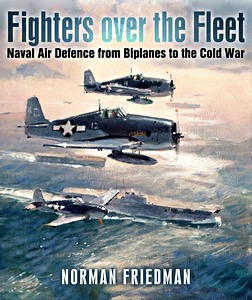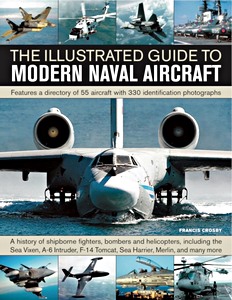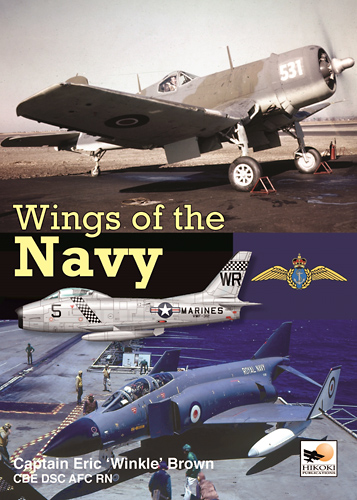Torpedo Bombers - Rare photographs from Wartime Archives (Images of War)
The torpedo bomber first appeared during the later years of World War One but served their most useful role in the Second World War. The most famous attacks include Taranto, where Fairey Swordfish destroyed the Italian Battle fleet and the infamous surprise attack on Pearl Harbor by the Japanese. In both these cases the attacks were against ships laying in harbour and therefore stationary.
Heavy defensive anti-aircraft fire was the greatest danger to the torpedo bombers in those circumstances but ships under way in the open sea had far more room to take evasive action. The lengthy time it took a torpedo to reach its target allowed many ships to escape destruction.
However noteable exceptions were the sinking HMS Prince of Wales and HMS Repulse by the Japanese during the early stages of the war in the Far East. During the hunt for the Bismark it was an air-launched torpedo from a Swordfish that severley damaged the ship's steering gear and enabled the Royal Navy to close in for the final kill.
This is a highly illustrated history one of the most deadly types of attack aircraft.
Some of the types included are the Fairey Swordfish, Bristol Beaufort, Fairey Albacore, Bristol Beaufighter, Heinkell He 115, Marchetti SM.79, Fokker T.VIII, Grumman Avenger and the Nakajima B5N.
Product details
| Author: | Peter C. Smith |
|---|---|
| Details: | 120 pages, 9.7 x 7.5 x 0.31 in (24.5 x 19 x 0.8 cm), hardback |
| Illustrations: | 120 b&w photos |
| Publisher: | Pen & Sword Books Ltd (GB, 2007) |
| Series: | Images of War |
| ISBN: | 9781844156078 |

Torpedo Bombers - Rare photographs from Wartime Archives
Language: English
Available on Amazon - safe payment and fast delivery
Buy on Amazon.comBuy on Amazon UK
Buy on Amazon CA

![Pages of the book [TK] Alliierte Bomber - 1939-1945 (1)](../afb/details/PP03607.jpg)













